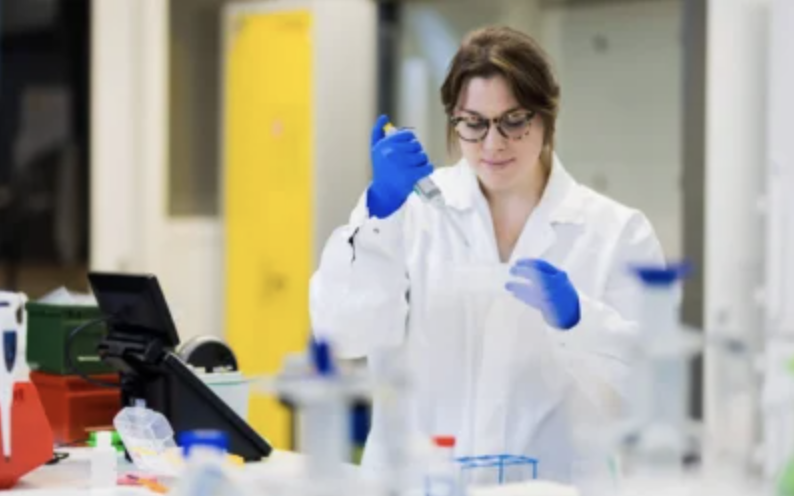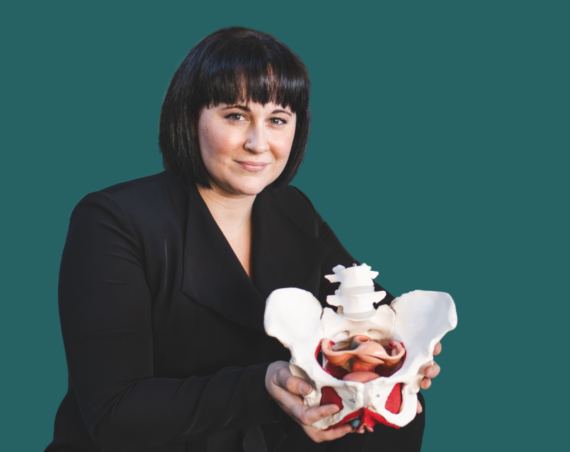
Netherlands-based Rapidemic has received a $2.7 million grant from the Gates Foundation to develop RapiDetect CT/NG, a power-free molecular diagnostic test for sexually transmitted infections. The test aims to detect Chlamydia trachomatis and Neisseria gonorrhoeae infections in under 15 minutes without requiring laboratory facilities or electricity.
The Leiden-based startup’s technology targets a significant global health challenge, as sexually transmitted infections affect more than 370 million people annually. Women in low- and middle-income countries are disproportionately burdened by these infections, often lacking access to laboratory facilities and reliable power sources that make timely diagnosis and treatment difficult.
Rapidemic’s platform operates at ambient temperature and requires no complex infrastructure, potentially transforming point-of-care testing in resource-limited settings. The technology uses ultrarapid molecular diagnostics to provide reliable DNA amplification without external power sources.
“This investment is a major milestone for Rapidemic and a strong endorsement of our mission,” said Violette Defourt, founder and CEO of Rapidemic. “Our vision is to democratize molecular diagnostics by making them available anytime, anywhere, without the need for complex infrastructure. With funding support from the Gates Foundation, we can accelerate the development of RapiDetect CT/NG and move closer to ensuring that millions of people, particularly in low-resource settings, gain timely access to life-saving diagnostic tools.”
The funding will support advancing the molecular platform toward clinical implementation. Company priorities include optimizing the ultrarapid assay for reliable DNA amplification at ambient temperature and establishing foundations for scalable, cost-effective manufacturing. Rapidemic will also prepare for clinical verification of the technology.
The diagnostic addresses critical gaps in sexual health testing, particularly for women who face barriers to accessing traditional laboratory-based testing. Chlamydia and gonorrhoeae infections can cause serious reproductive health complications including pelvic inflammatory disease, infertility, and increased HIV transmission risk when left untreated.
Current molecular diagnostics for these infections typically require specialized laboratory equipment, trained personnel, and stable power supplies, limiting access in many regions where these infections are most prevalent.
Founded in 2021, Rapidemic develops ultrarapid molecular diagnostic tests designed to be power-free and user-friendly. The Dutch-Danish startup focuses on expanding global access to high-quality diagnostics to improve patient outcomes regardless of location or infrastructure limitations.



